Flashback
2007… When the World Discovered Digital
Cameras, We got 5!
❤️☮️✌️
Latin America
(Spanish: América Latina or Latinoamérica; Portuguese: América Latina;
French: Amérique latine) is the region of the Americas where as
Romance languages (i.e., those derived from Latin)--particularly
Spanish and Portuguese, as well as French—are primarily spoken.
It includes 21 countries…
Beginning this teaching
Journey
in
November 2006, I had Students
from all
21 Nations!
Mexico in North America; Guatemala, Honduras,
El Salvador, Nicaragua, Costa Rica
and
Panama in Central America; Colombia, Venezuela,
Ecuador, Peru, Bolivia, Brazil, Paraguay, Chile, Argentina
and
Uruguay in South America; and Cuba, Haiti,
the
Dominican Republic-and Puerto Rico
in
the Caribbean—in summary,
Hispanic America, plus Brazil and Haiti
Latin America,
therefore, can be defined as all those parts of the
Americas
that were once part of
the
Spanish, Portuguese or French colonial empires,
namely
Spanish America, Colonial Brazil and New France
Look Up!
Steven Demetre Georgiou,
born on 21 July 1948 in the Marylebone area of London,
was the youngest child of a Cypriot father, Stavros Georgiou (1900–1978),
and a Swedish mother, Ingrid Wickman (1915–1989).
Although his father was Greek Orthodox and his mother was
a Baptist, Georgiou was sent to
St Joseph Roman Catholic Primary School,
Macklin Street, which was closer to his father's business on Drury Lane. Georgiou developed an interest in piano at a young age, eventually using the family baby grand piano to work out the chords, since no one else there played well enough to teach him.
At 15, inspired by the popularity
of the Beatles, he became interested in the guitar.
Stevens said that West Side Story particularly affected him and gave him a
"different view of life"
With interests in both art and music, he and his mother moved to Gävle, Sweden, where he attended primary school (Solängsskolan) and
started developing his drawing skills after being influenced
by his uncle Hugo Wickman, a painter.
They subsequently returned to England.
He attended other local West End schools, where he says he was
constantly in trouble and did poorly in everything but art
He was called 'the artist boy' and said,
"I was beat up, but I was noticed"
He took a one-year course at Hammersmith School of Art,
considering a career as a cartoonist. Though he enjoyed art
(his later record albums featured his original artwork),
he decided to pursue a musical career.
As well as the Beatles, other musicians who influenced him were the Kinks, Bob Dylan, Nina Simone, blues artists Lead Bellyand Muddy Waters,
Biff Rose (particularly Rose's first album), Leo Kottke[30] and Paul Simon.
He also sought to emulate composers of musicals, such as Ira Gershwin
and Leonard Bernstein.
His 1967 debut album and its title song
"Matthew and Son"
both reached top ten in the UK charts. Stevens' albums
Tea for the Tillerman (1970) and Teaser and the Firecat (1971) were
certified triple platinum in the US.
His 1972 album Catch Bull at Four
went to No.1 on the Billboard 200 and spent weeks at the top of several other major charts.
He earned ASCAP songwriting awards in 2005 and 2006
for "The First Cut Is the Deepest",
which has been a hit for four artists. His other hit songs include
"Father and Son", "Wild World", "Moonshadow", "Peace Train",
and "Morning Has Broken".
An Other Cup is the twelfth
studio album by Yusuf released on
10 November 2006 in Germany, 13 November
in the UK and the US
and worldwide on 14 November.
It is Yusuf's first Western pop album
since Back to Earth, which was released in 1978 under the name
Cat Stevens.
An Other Cup is Cat Stevens's first new studio album under the name
Yusuf Islam since returning to Western pop music.
Stevens contracted tuberculosis in 1969 and was close to death at the time of his admission to the King Edward VII Hospital, Midhurst, Sussex. He spent months recuperating in the hospital and a year of convalescence. During this time, Stevens began to question
aspects of his life and spirituality. He later said,
"To go from the show business environment and find you are in hospital, getting injections day in and day out, and people around you are dying,
it certainly changes your perspective. I got down to thinking about myself.
It seemed almost as if I had my eyes shut."
He took up meditation, yoga, and metaphysics, read about other religions and became a vegetarian. As a result of his serious illness and long convalescence and
as a part of his spiritual awakening and questioning,
he wrote as many as 40 songs,
many of which would appear on his albums in later years.
When interviewed on a Boston radio station, Stevens said about
Teaser and the Firecat:
I get the tune and then I just keep on singing the tune
until the words come out from the tune.
It's kind of a hypnotic state that you reach after a
while when you keep on playing it where words just evolve from it.
So you take those words and just let them go whichever way they want ...'Moonshadow'? Funny, that was in Spain, I went there alone, completely alone, to get away from a few things.
And I was dancin' on the rocks there ...
right on the rocks
where the waves were, like, blowin' and splashin'.
Really, it was so fantastic.
And the moon was bright, ya know, and I started dancin' and singin'
and I sang that song and it stayed.
It's just the kind of moment that you want to find when you're writin' songs.
For seven months, in 1971 and 1972, Stevens was romantically linked to popular singer
Carly Simon, while both were being produced by Samwell-Smith. During that time,
they each wrote songs for, and about, one another. Simon wrote and recorded at least two Top 50 songs, "Legend in Your Own Time" and "Anticipation" about Stevens.
He reciprocated with a song to her, written after their romance,
entitled "Sweet Scarlet".
In 1976, Stevens nearly drowned off the coast of Malibu, California, and said he shouted,
"Oh, God! If you save me I will work for you."
He stated that, immediately afterwards, a wave appeared and carried him back to shore.
This brush with death intensified his long-held quest for spiritual truth. He had looked into "Buddhism, Zen, I Ching, numerology, tarot cards, and astrology".
Stevens' brother David Gordon, a convert to Judaism,
brought him a copy of the Qur'an as a birthday gift from a trip to Jerusalem.
Stevens said on BBC's Desert Island Discs: "I would never have picked up the Qur'an myself as a free spirit; I was more aligned to my father's Greek Orthodox beliefs." His brother's timely gift was quickly absorbed and he was taken with its content, soon beginning his transition and conversion to Islam, which would change forever his private and professional life.
During the time he was studying the Qur'an, Stevens began to identify more and more with
the story of Joseph, a man bought and sold in the market place, which is how he said he had increasingly felt within the music business. Regarding his conversion, in his 2006 interview with Alan Yentob, he stated,
"To some people, it may have seemed like an enormous jump,
but for me, it was a gradual move to this." And, in a Rolling Stone
magazine interview, he reaffirmed that, saying,
"I had found the spiritual home I'd been seeking for most of my life.
And if you listen to my music and lyrics, like
Peace Train
and "On The Road To Find Out", it clearly shows my yearning
for direction and the spiritual path I was travelling."
While on holiday in Marrakesh, Stevens was intrigued by
the sound of the adhān, the Islamic ritual call to prayer, which
was explained to him as "music for God". Stevens said,
"I thought, music for God? I'd never heard that before,
I'd heard of Music
for money,
music for fame, music for
personal power,
but
Music for God?!
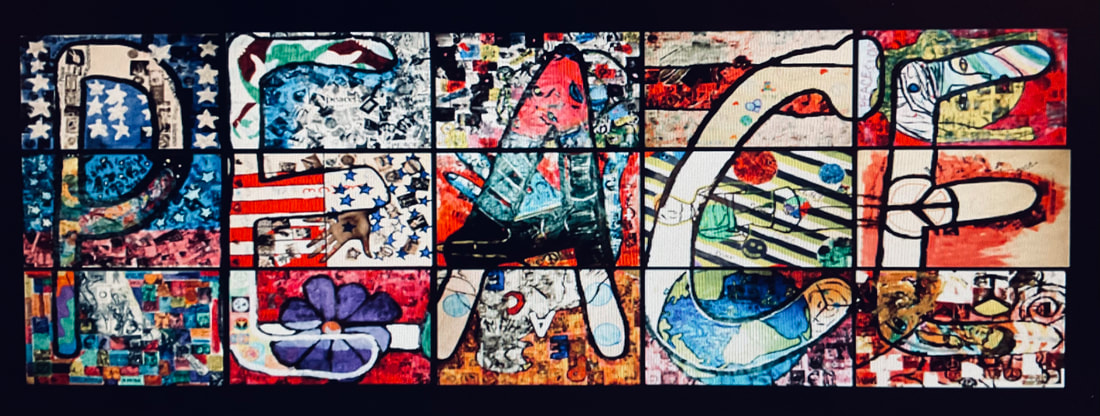
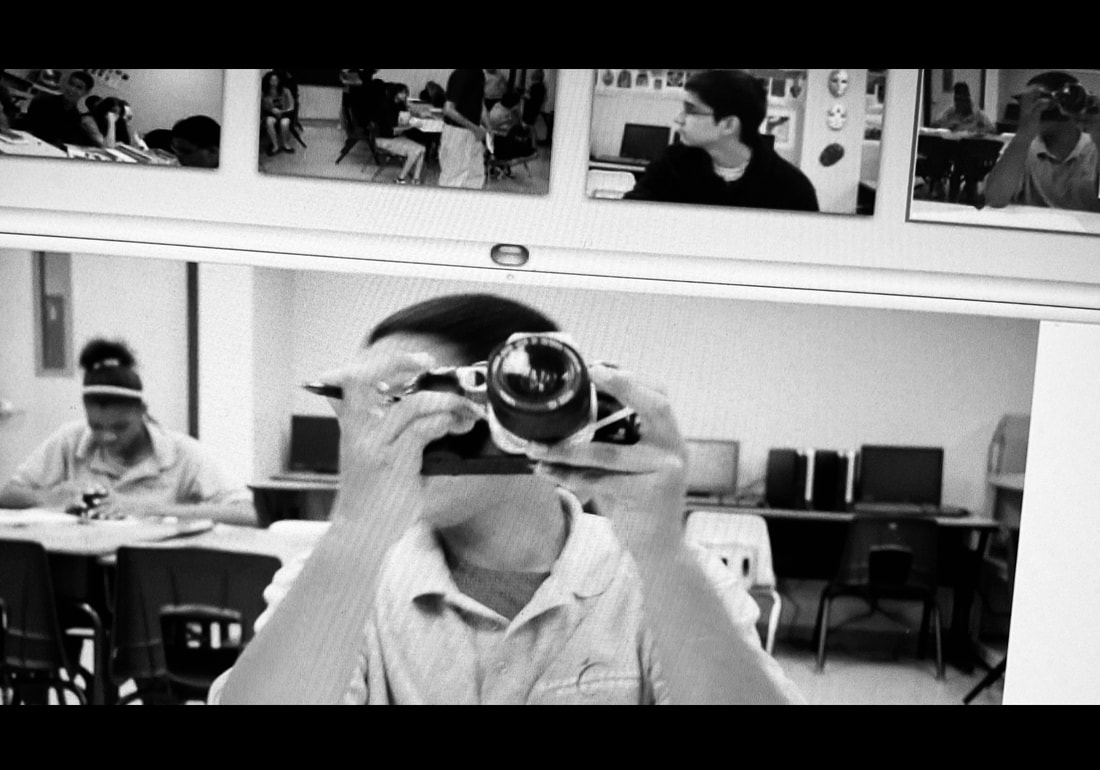

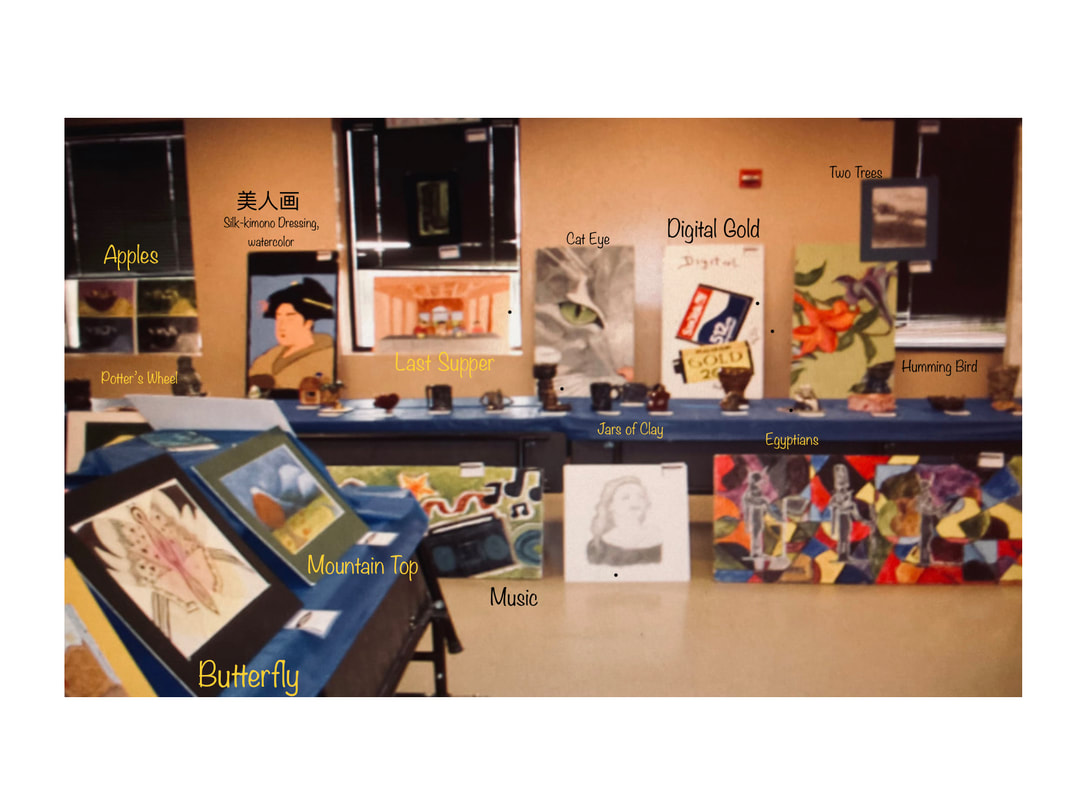


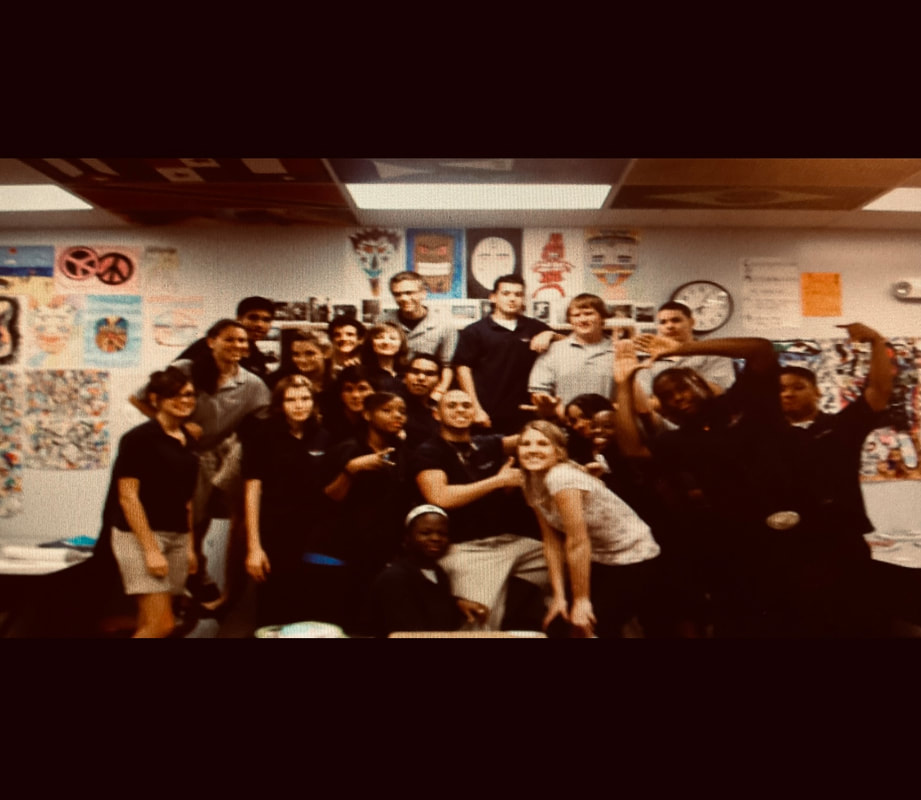
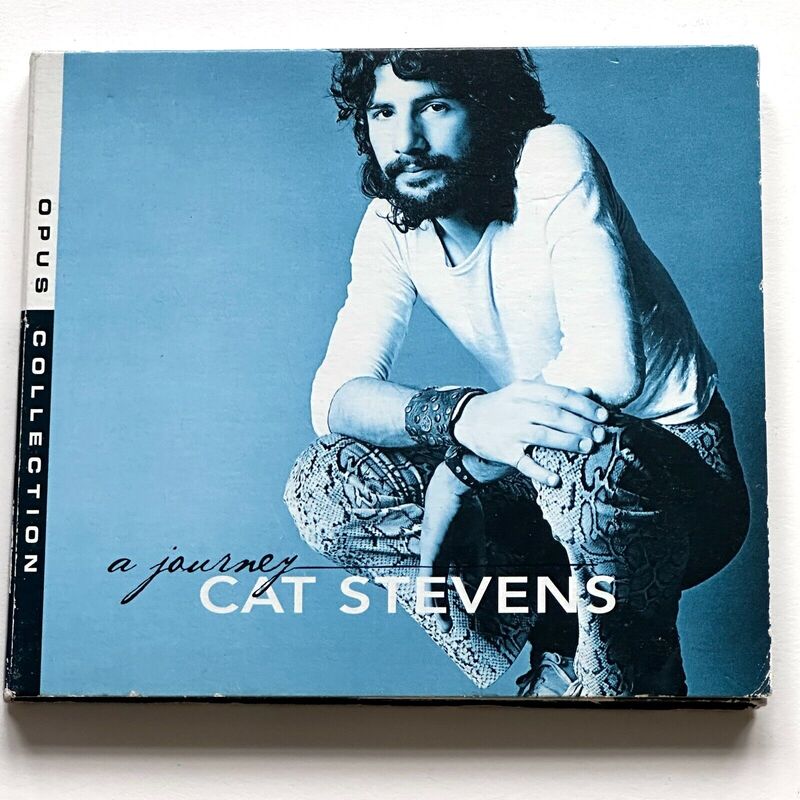
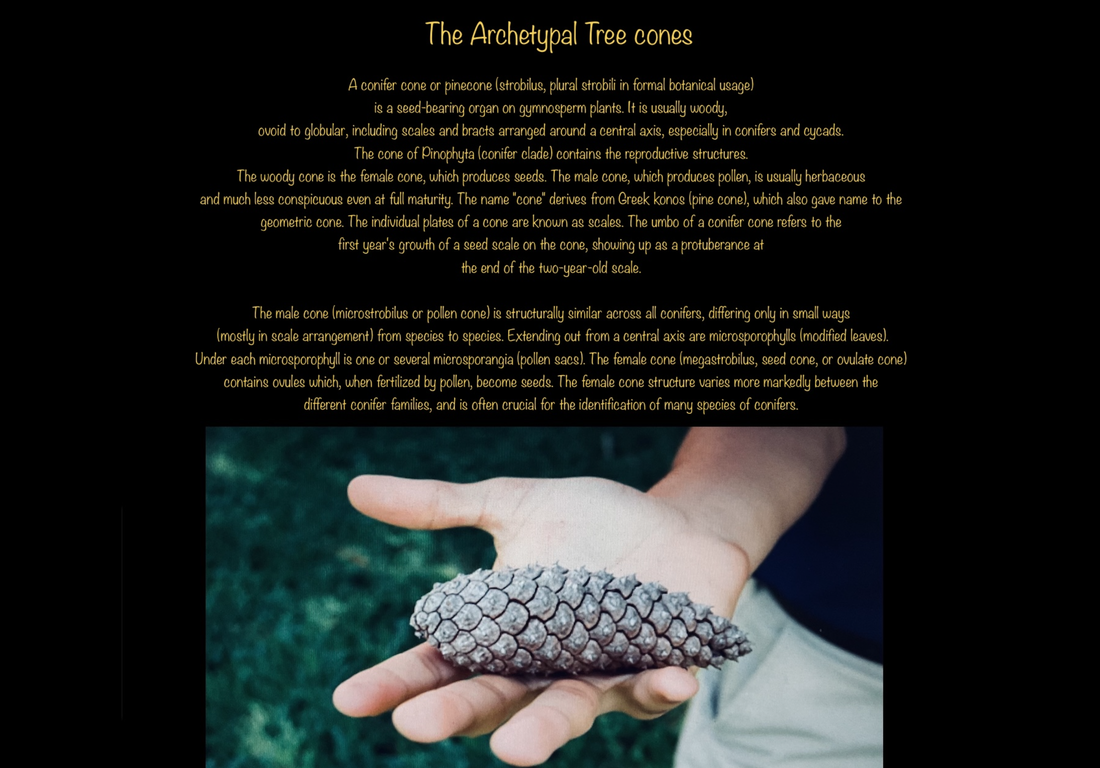

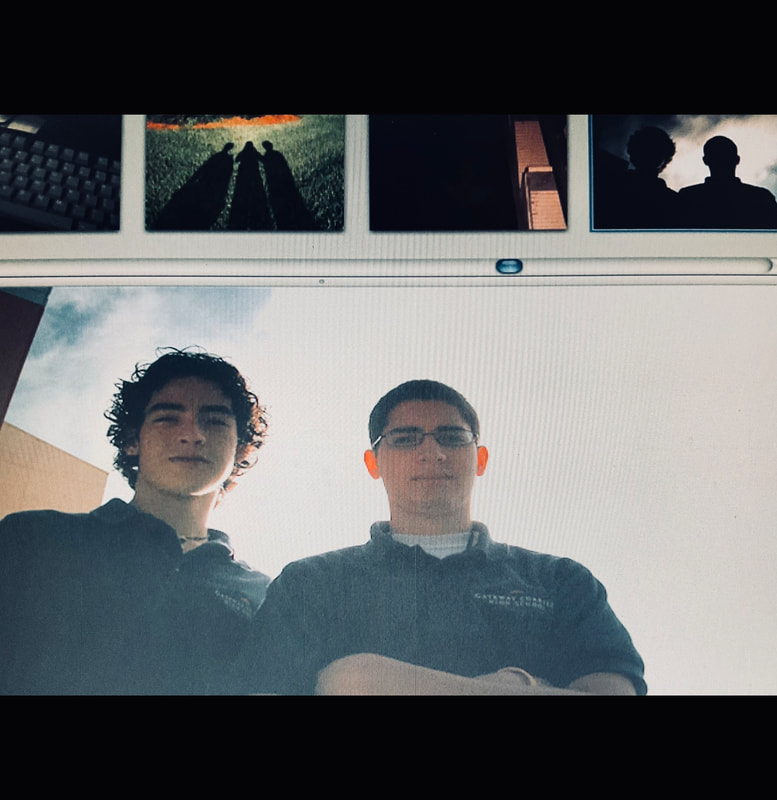
 RSS Feed
RSS Feed
























































